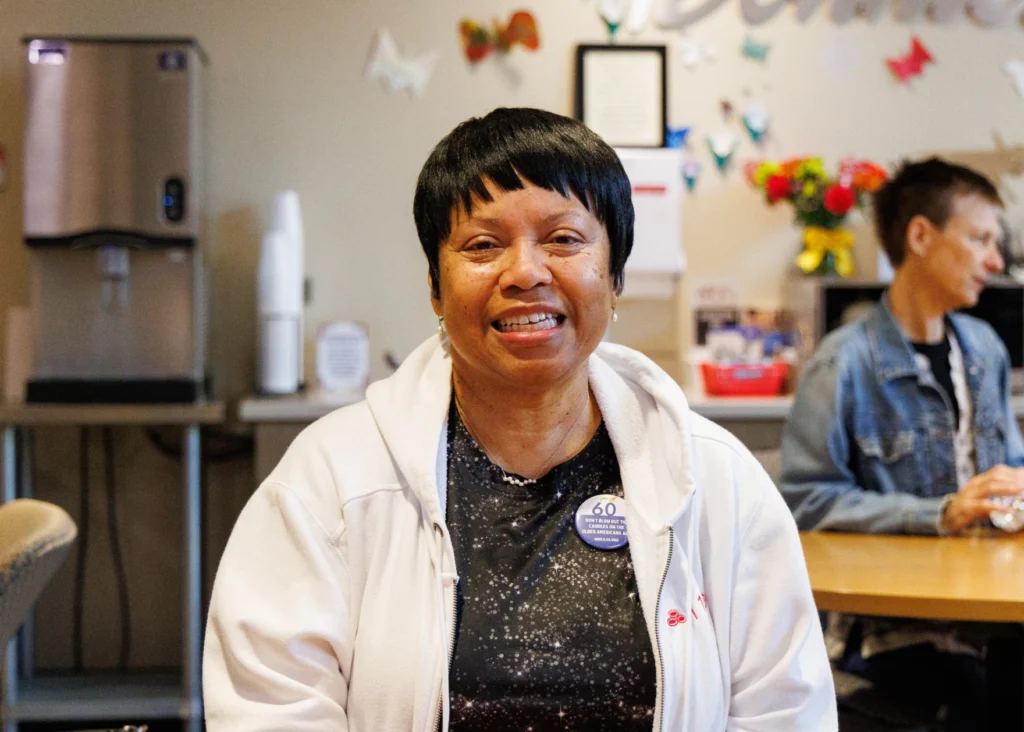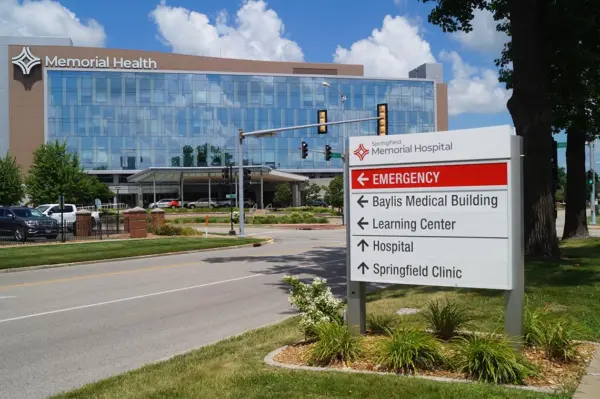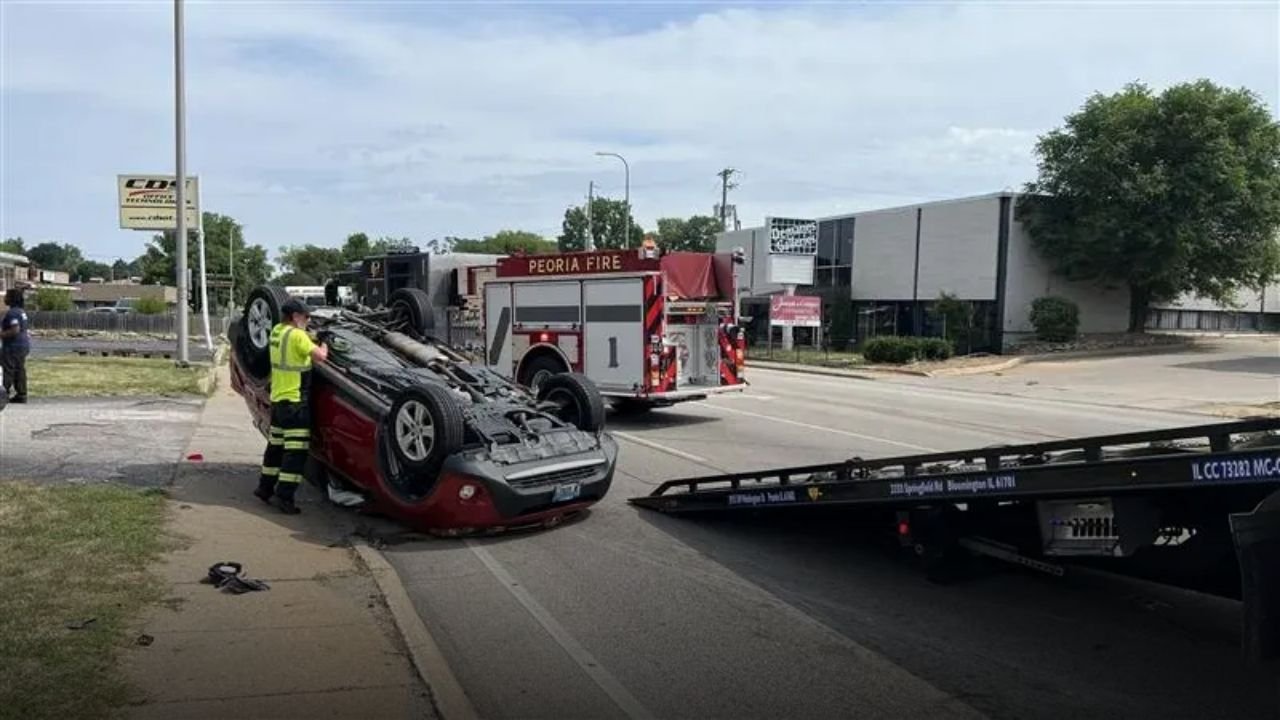NORMAL, IL — Concerned residents, caregivers, and community leaders gathered at the Activity and Recreation Center (ARC) in Normal for a “Day of Action” urging protection for federally funded services that support older adults. The May 30 event was led by the East Central Illinois Area Agency on Aging in response to proposed changes that could severely disrupt essential aging programs across the state.
More than a protest, the event served as a local call to preserve what many attendees described as life-saving services for seniors.
“We’re staring down the possibility of closing programs entirely if these federal changes go through,” said Susan Real, CEO of the organizing agency. “It’s not just bad policy — it’s dangerous.”
What Federal Changes Are Causing Concern?

The protest stems from a federal restructuring proposal by U.S. Health and Human Services Secretary Xavier Becerra that would dismantle the Administration for Community Living (ACL). The ACL funds critical programs for aging adults and people with disabilities.
If implemented, this change could:
- Limit funding flexibility for states
- Shift oversight to agencies unfamiliar with local aging needs
- Undermine national aging policy protections
According to organizers, more than 24,000 seniors across East Central Illinois rely on these federally supported services.

Key Services at Risk in Illinois
The following programs are most at risk if ACL funding is restructured:
- Meals on Wheels
- Transportation to medical appointments and errands
- Utility bill assistance
- In-home caregiver support
- Emergency response coordination for at-risk seniors
These services are vital to helping older adults live independently and maintain quality of life.
“I lost my husband and was alone. Now I have a circle of friends and a reason to leave the house,” said Pam Augustin, a local resident who benefits from social programming funded through the ACL.
A Community Mobilizes for Senior Protection
Throughout the event, speakers shared personal stories, called on state and federal representatives to intervene, and encouraged residents to contact legislators. Advocates emphasized that the impact would ripple beyond the elderly population to families, healthcare systems, and social services.
The event also provided advocacy materials and contact guides for attendees wishing to write or call their representatives in Congress.
“We want Congress to hear from local voices,” said Real. “People here understand the real cost of cutting these programs — isolation, malnutrition, and even premature death.”
What Happens Next?
Advocates will continue lobbying throughout the summer to push back against the proposed changes. The regional agency plans to host additional forums and publish impact data to reinforce the consequences of losing ACL-supported funding.
Meanwhile, community members are urged to get involved:
- Attend local town halls
- Join aging coalitions
- Share personal stories with elected officials
How would your family be affected if these services disappeared? Do you or a loved one rely on caregiver support or senior transit?
Share your story or thoughts in the comments below — your voice could help protect vital programs.












